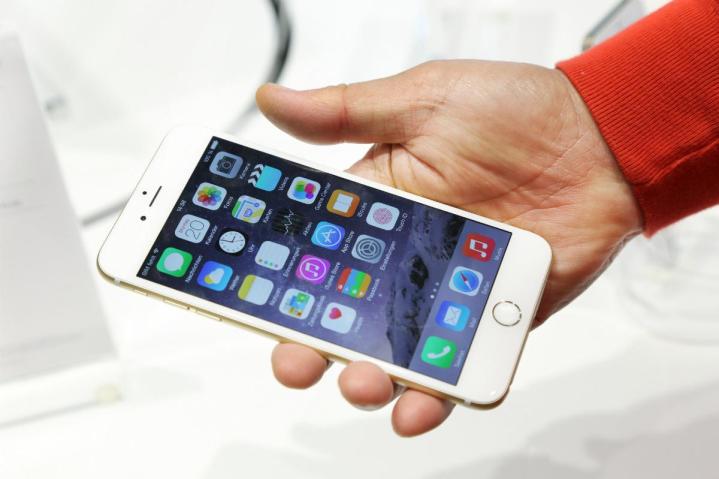
The figure comes to us from research firm Strategy Analytics, which reported Android capturing just 11.3 percent of all smartphone profits during the fourth quarter of 2014. This represents quite the dropoff from the 29.5 percent share Google’s mobile OS had the year before. Meanwhile, Apple’s 88.7 percent share represents an increase from the 70.5 percent it had during the same period in 2013.
Each mobile operating system’s profit figure is a surprising mirror image of its worldwide device shipments. Android dominated the market, capturing 81 percent of the market, but made little off it. Apple only managed to capture 15 percent of the market, a slight decrease from 2013, yet raked in the dollars.
Another nuance to the puzzle: Even with the relatively low share of new smartphone shipments, Apple recently posted its best quarter in company history, with the company selling 74.4 million iPhones during this past quarter alone. Apple didn’t share exactly how much money it made selling all those iPhones, but Strategy Analytics reports it was an $18.8 billion profit. By comparison, every Android handset sold could only add up to $2.4 billion in profit.
This relatively low profit line is making its presence felt for several Android hardware manufacturers, as Sony’s and Samsung’s mobile divisions are struggling. The main issue at hand is the wide variety of Android devices at varying price points. Because of that, it’s difficult for any one company to generate some sort of sizable profit.
Apple often receives criticism for its lack of variety when it comes to phone hardware, but based on the numbers, this strategy is working wonders for Apple’s bottom line — while Android seems more concerned with simply getting a wave of devices into consumer hands.


